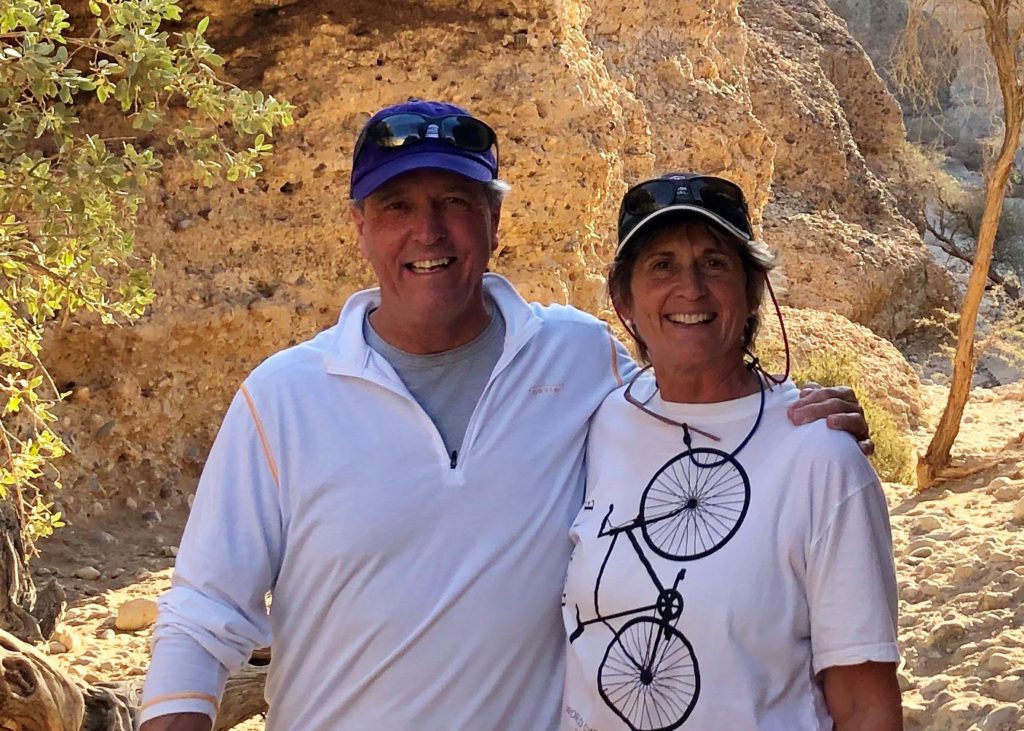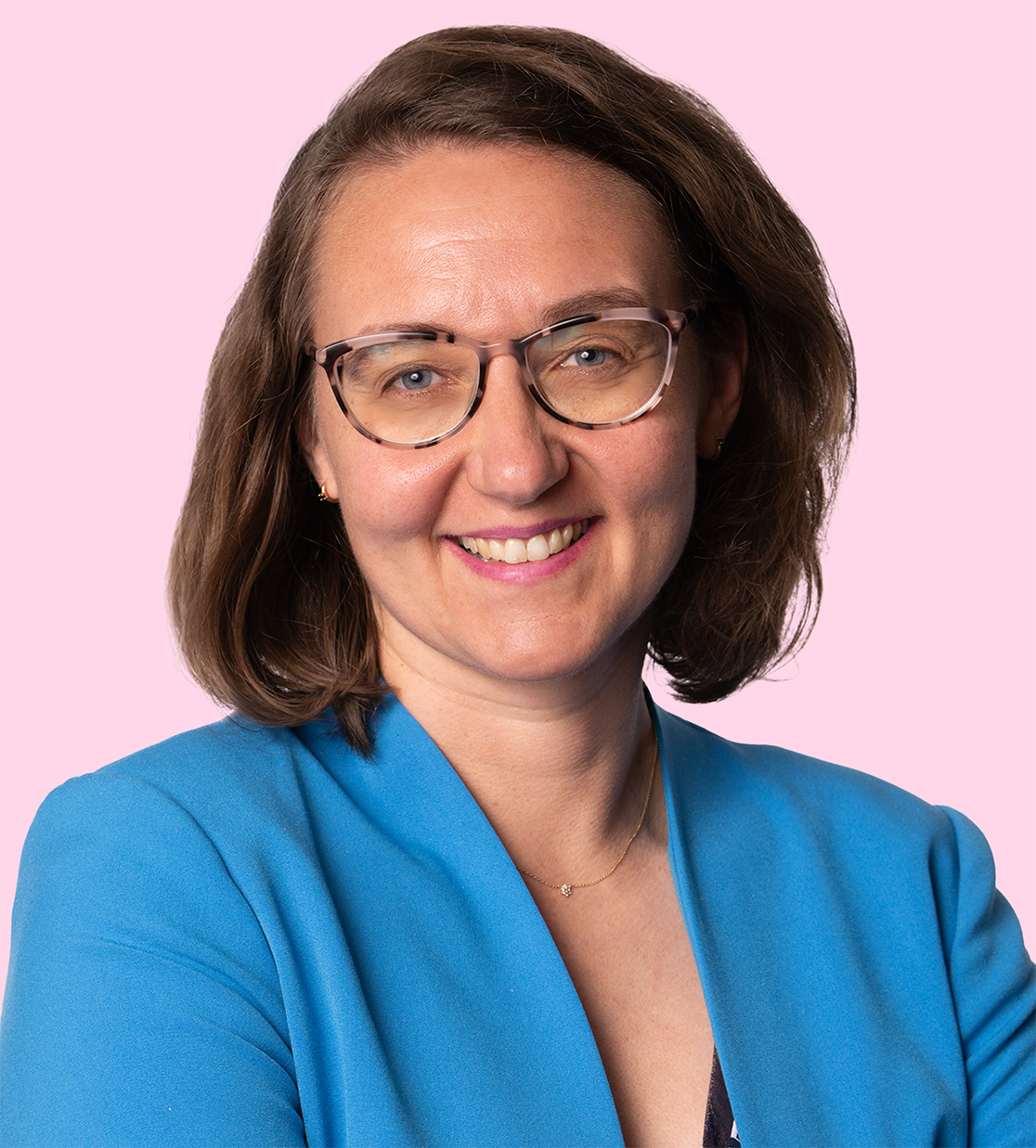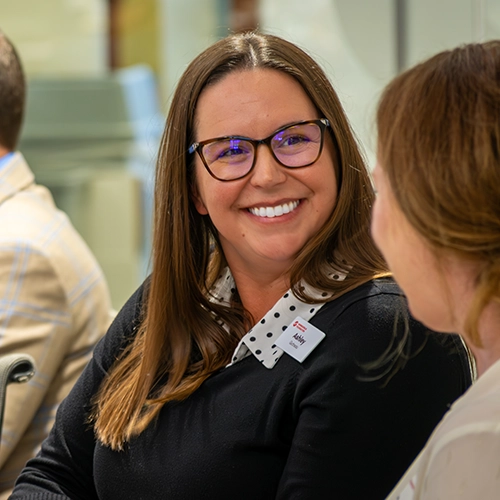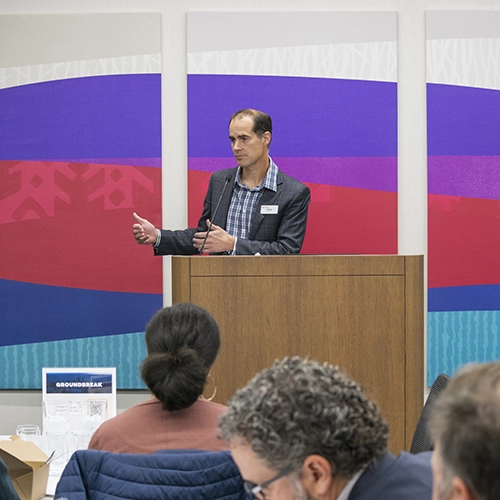When COVID-19 landed in the United States, it didn’t take long for the Spencer family to realize they wanted to ramp up their philanthropy to support the community.
Ed and Val Spencer, their three adult children, and their son-in-law have been giving as a family for years. Every year, each family member is assigned a budget for charitable gifts. They are then responsible for recommending specific grants to the group. The family holds several meetings to discuss proposed grants and learn about the issues that each person is passionate about—from human rights to the environment to services for people with disabilities. By the end of each year, the goal is to grant out approximately 5% of the principal of their charitable fund, a practice they began when they gave through a family foundation and continued after making the switch to a Donor Advised Fund at the Minneapolis Foundation.
It’s a thoughtful, collaborative process—and with a pandemic bearing down, it gave them a solid platform to respond quickly and nimbly to increasing needs in the community.
Every member of the family has an important voice and perspective as they consider issues and make grants together. Daughters Alison and Katie were the first to broach the idea of the family making some significant grants in response to COVID-19, and the entire family quickly responded.
The two changes they made: They are giving more, agreeing to triple their annual budget. They also decided to accelerate more of their giving to the front end of the year to meet community needs.
This spring, the family scheduled an off-cycle grantmaking meeting to discuss their first round of COVID-19 response grants. Some of the approved grants are to nonprofits they have supported for years. Recognizing that the pandemic is upending the entire nonprofit community, “We want to make sure we continue supporting existing grantees at the same level or higher,” Ed said.
Other grants are for specific needs related to the new coronavirus. For example, they made a large grant to help the University of Minnesota convert Bethesda Hospital in St. Paul into the state’s first dedicated COVID-19 care facility. They also made a contribution to the OneMPLS Fund to help address the economic impact of the pandemic on vulnerable communities.
“When you think about a safety net, nets have big holes,” Val said. “The pandemic is illustrating how big some of these holes are. A lot of our grantees have been organizations that are working with the underserved populations that are so impacted by the virus.”
Looking ahead, the family knows that they want to keep giving, so they’ve held a portion of their annual budget in reserve for later in the year, Ed said. “A month or two from now, there might be additional fallout from the pandemic we can’t predict right now, and we want to be there to support worthy causes.”




